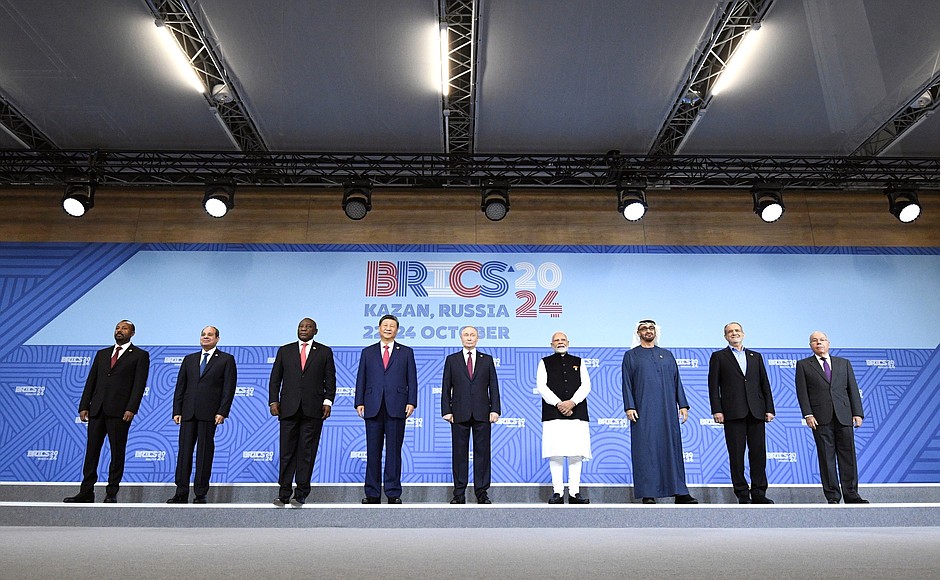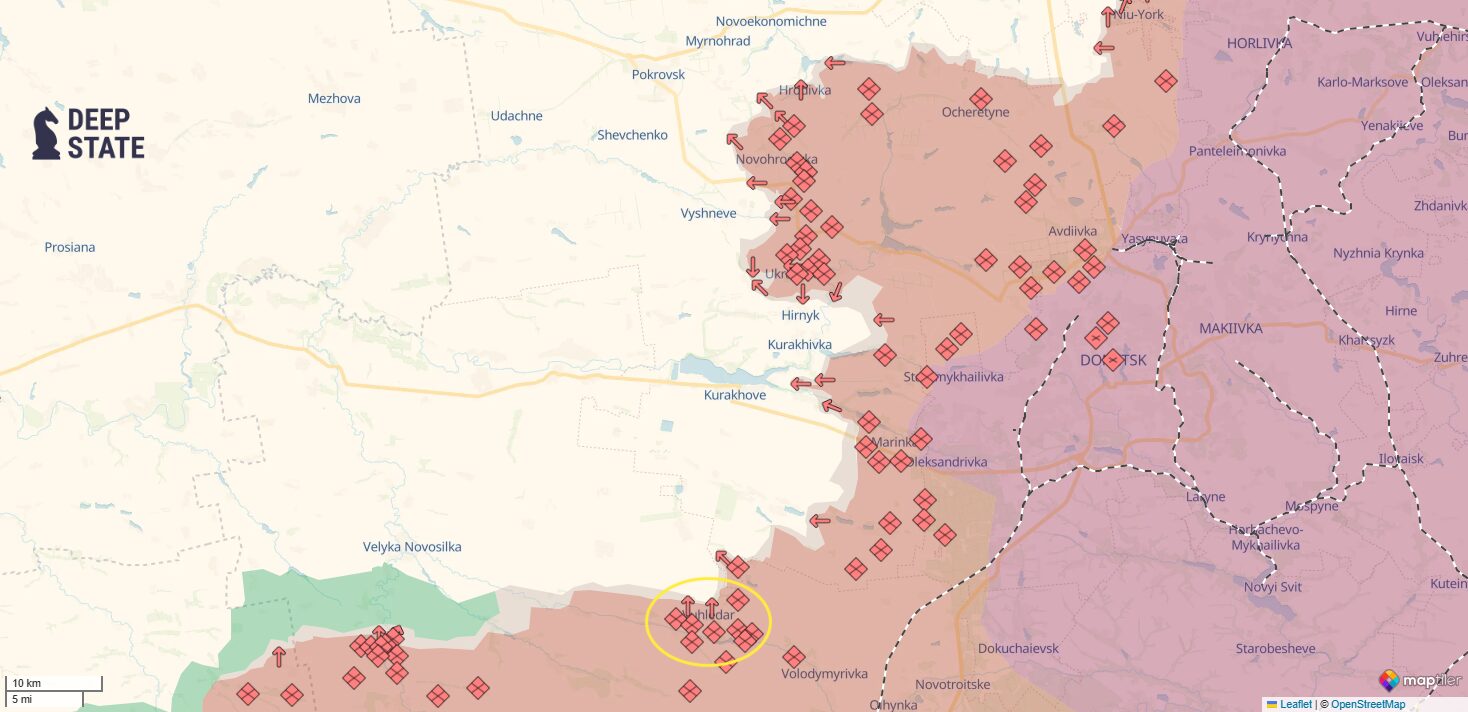Wednesday, June 26th, 2019. With a roster of presidential candidates as long as your leg, the first clutch of Dems went on stage live last night in the first round of debates. Topics discussed were income inequality, healthcare, immigration, Iran, pharmaceuticals and more.
Compared to the Republican primary of last cycle, the debates seemed a little manic, with bold statements flying out during various replies as each Democrat seemed to try and outdo one another by declaring that their policy on this or that issue was more progressive than the views of any other candidate.
For instance, Former Housing and Urban Development secretary Julián Castro, claimed he had gone farther than any other candidate on stage to making immigration as easy as possible, stating that he would introduce legislation that repealed a section in the immigration law making illegal entry a misdemeanor.
However Castro in his excitement let rip that within his first 100 days he would organize a “martial (Marshall) plan” for countries like Honduras and El Salvador in order to combat the immigration crisis at the root. Whether he was referring to a version of the historical Marshall Plan which funneled millions of dollars into war-torn Europe after the Second World War, or a martial plan as in martial law, as in military intervention, only he knows.
Sen. Cory Booker, (D – N.J.) when asked why he didn’t raise his hand in response to a query of who would rejoin the 2015 Iran nuclear treaty, explained that he wanted a better one. But it was in racing against the clock that he explained he would renegotiate the treaty as part of a larger plan to “pacify the region”.
Gen. David Petraeus, one of those who headed the war in Afghanistan during the Obama years, used to talk about the requirements for an “indefinite commitment to the counter-insurgency doctrine,” even while 18 years later we learn that the Taliban control so much of Afghanistan, the U.S. has stopped keeping track.
“Tuesday, Mike Pompeo flew clandestinely into Baghdad, met with the prime minister and flew out in four hours. The visit was kept secret, to prevent an attack on the Americans or the secretary of state. Query: How successful was Operation Iraqi Freedom, which cost 4,500 U.S. lives, 40,000 wounded and $1 trillion, if, 15 years after our victory, our secretary of state must, for his own security, sneak into the Iraqi capital?” says Patrick Buchanan, writing for Creators.
15 years or more of journalism would seem to indicate that the region is, at this point, certainly beyond “pacification”.
While attempting to get a word in on the immigration crisis, New York Mayor Bill de Blasio blurted out that it was the “big corporations” responsible for the troubles which the troubled American worker might ascribe to the presence of immigrants.
But nowhere was the one-upsmanship more contagious than on the subject of income inequality, where de Blasio, Governor Jay Inslee of Washington state, Former Congressman John Delany, and Former Congressman Beto O’Rourke all took turns promising bigger minimum wages, more union rights, bigger tax credits, and industrial reform. None of these candidates explained where this money would come from or whether these impositions would hurt small businesses.
Congresswoman Gabbard answered the income inequality question by claiming that she would use the money that would return to the federal budget from the ending of foreign wars, particularly in Iraq and Afghanistan, to invest back into the economy.
This discussion culminated in Senator Elizabeth Warren stating that after years of industrial policy, all it had accomplished was lining the pockets of the CEO. The topic just so happened to be on electric car production at the time, and according to energy.gov, that statement couldn’t be more false.
The last ten years saw Tesla receive a half-billion dollar startup loan from the DOE, which they paid back nine years early while growing into the most popular producer of electric cars, and the largest automotive employer in California. During that time, Chevrolet launched the Volt, and Nissan North America began manufacturing the Leaf.
There are now 3.3 million electrics and hybrids on the road, while over the same decade consumer choice has exploded. 26 plug-in electric models and 36 hybrids circulate on the market today.
One topic which went noticeably absent was the national debt. Only Sen. Amy Klobuchar (D – M.N.) made mention of it when she said that in her administration immigration would be encouraged to fill holes in the economy which she claimed would reduce the deficit by about $158 billion a year.
Thursday night the debates will continue with Bernie Sanders, Joe Biden, John Hickenlooper, Andrew Yang and the rest of the democratic ticket who couldn’t fit on the stage last night.


